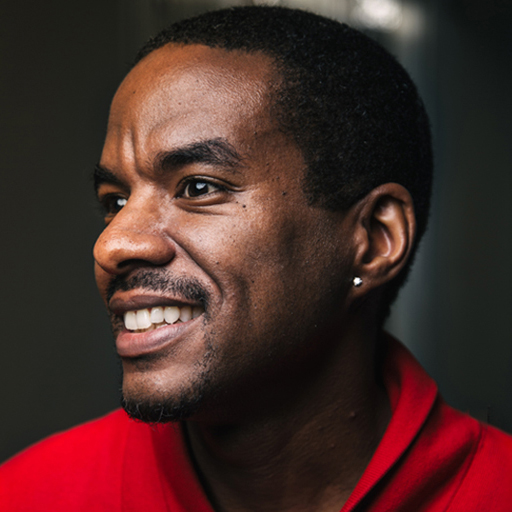Research on Marijuana Use Earns Recognition for UH College of Education Ph.D. Student

Posted July 19, 2022 — After years of working as a research chemist, University of Houston doctoral student Kerry Chávez decided to change careers and study psychology with a focus on addressing health inequities.
“It hit home that to do nothing is to remain part of the problem, so I felt motivated to stand up,” said Chávez, who’s pursuing a Ph.D. in counseling psychology in the UH College of Education.
Her recent research investigates how social support affects the relationship between childhood trauma and marijuana use among African American young adults. For her work, Chávez earned recognition from the national Association for Psychological Science. She received honorable mention for the 2022 Researching Injustice and Social Equality (RISE) Research Award.
“It is a recognition that we are headed in the right direction in looking for ways to be of service in reducing health inequities,” she said.
According to Chávez’s research, more experience with childhood trauma predicted higher amounts of marijuana used among African American adults, ages 18 to 25. However, for those who reported high levels of social support, childhood trauma was not related to the amount of marijuana used. This suggests that, with social support, African American emerging adults who have a history of childhood trauma may not turn to marijuana use in the same manner as those lacking that support.
“Kerry is going to be a significant contributor to our profession,” said College of Education Associate Dean for Research Ezemenari Obasi, a professor of counseling psychology and Chávez’s advisor. “She is hard working, takes initiative, very driven and brings really good insight into the research she is conducting in our lab.”

Chávez credits UH’s HEALTH-FAST program for giving her the tools to tackle the topic. The seminars on health inequity in research taught her what questions to ask and what to measure in her studies. The program also showed her the strengths and limitations of various research approaches. Funded with a federal grant and led by Obasi and Distinguished Professor Lorraine Reitzel, the UH initiative is formally called the Helping Everyone Achieve a LifeTime of Health – Future Addiction Scientist Training.
A lot of the research around adverse childhood experiences and their connection to substance use focuses on white people, Chávez said. Even though African Americans use marijuana less than other racial and ethnic groups as adolescents and about the same as other groups as adults, research shows they suffer worse legal and health consequences. For example, African Americans face higher marijuana-related arrest rates and are disproportionately impacted by diseases associated with hazardous marijuana use, such as stroke and chronic obstructive pulmonary disease.
“There is a dearth in the amount of research that focuses on marijuana use in the African American community. More importantly, this is the first paper to link historical experiences of trauma and marijuana use in the community,” Obasi said.
Collaborators on the research included Obasi, Reitzel and Assistant Research Professor Ann Chen from the College of Education. Other collaborators included Iman Momin, Journa Cobite and Chaniqua Mazyck.
Chávez and her team are working to publish their research. The study could lead to the development of beneficial community-oriented programs to increase the amount of social support African American emerging adults experience and possibly decrease marijuana use among those exposed to childhood trauma.
“If we can look in our research for factors that are modifiable, then that can be shaped into interventions that we can use for prevention efforts to shape actual lives,” Chávez said. “It has the potential to make a really big impact in reducing health disparities.”
—By Lillian Hoang
—Photo courtesy of Kerry Chávez